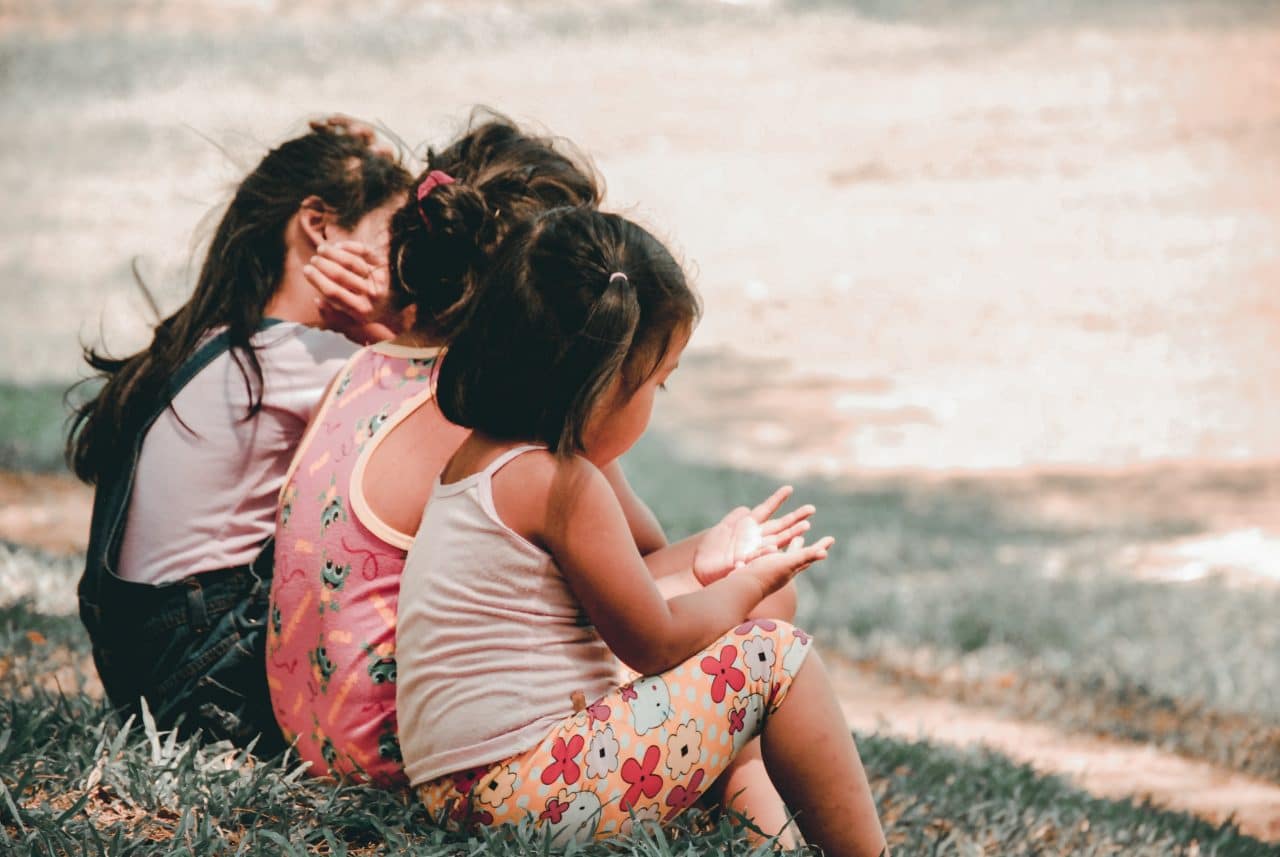Hearing loss is a common birth defect; in fact, about three of every 1,000 babies are born each year with some form of hearing loss. Identifying hearing loss early is crucial, as hearing is essential for children’s successful development of speech, language and social skills. Understanding what resources are available for parents can ensure you find the help your child needs.
Early Hearing Detection and Intervention Act

Authorized in 2000, the Early Hearing Detection and Intervention (EHDI) Program established statewide requirements to identify children born with hearing loss and provide their families with the right early intervention services.
Programs include:
- Newborn hearing screenings
- Diagnostic evaluations
- Early intervention services
The Center for Disease Control estimates that with the EHDI program in place, about 98% of all children born in the United States have had their hearing screened. And since 2005, more than 50,000 children who were identified as being deaf or hard of hearing before their first birthday received the services they needed to enhance their language, communication, cognitive and social skill development.
What Is a Newborn Hearing Screening?
Newborn hearing screenings are quick and painless tests that are performed before your newborn is discharged from the hospital. A screening includes two tests:
- Otoacoustic emissions (OAE)
- Auditory brain stem response (ABR)
If the screening reveals that your child may have hearing loss, you must return within three months to complete a diagnostic evaluation with a pediatric audiologist.
Hearing Loss & School Performance
Untreated hearing loss is often misdiagnosed as a learning disability. Not being able to hear the teacher clearly can cause a child to answer incorrectly or act out in frustration.
According to the American Speech-Language-Hearing Association, children with mild to moderate hearing loss who do not get help may fall one to four grades behind. Children who receive the help and support they need, both in school and at home, can do just as well as their normal-hearing peers.
Additional Hearing Risk
More children than ever before are at risk of developing hearing loss because of exposure to loud sounds. Listening to loud music through earbuds, playing in a band and attending concerts can all contribute to noise-induced hearing loss. Teaching your child how to protect their ears is crucial for long-term success. To learn more about how you can help your child with their hearing loss or to schedule an appointment with a pediatric audiologist, contact Evergreen Speech & Hearing Inc today.